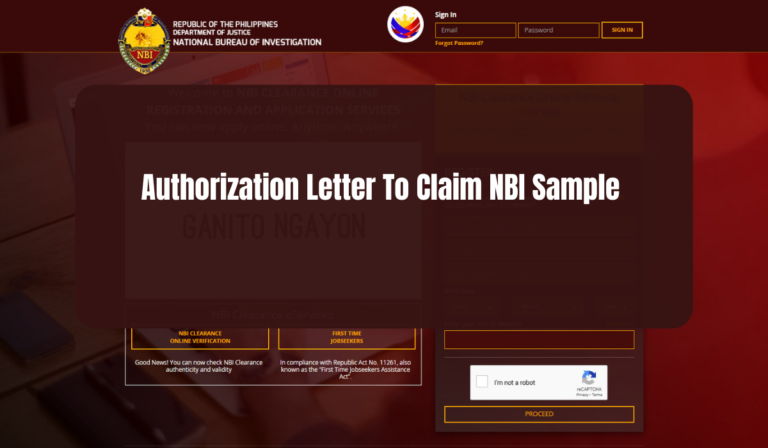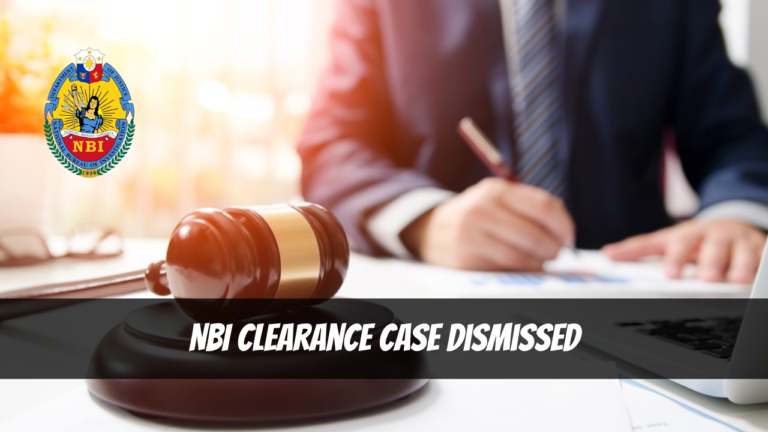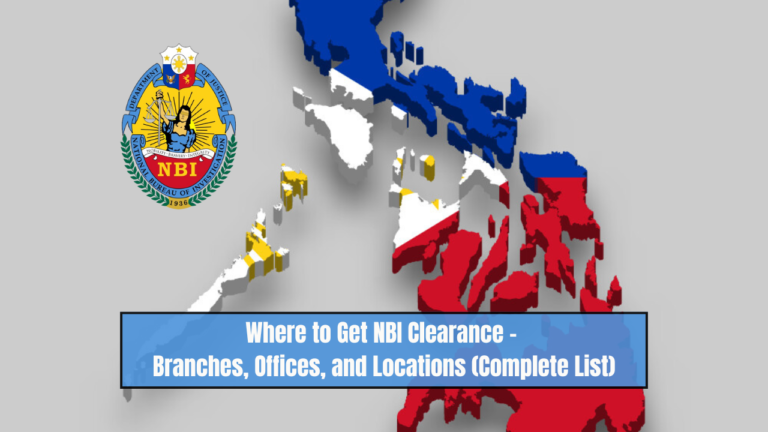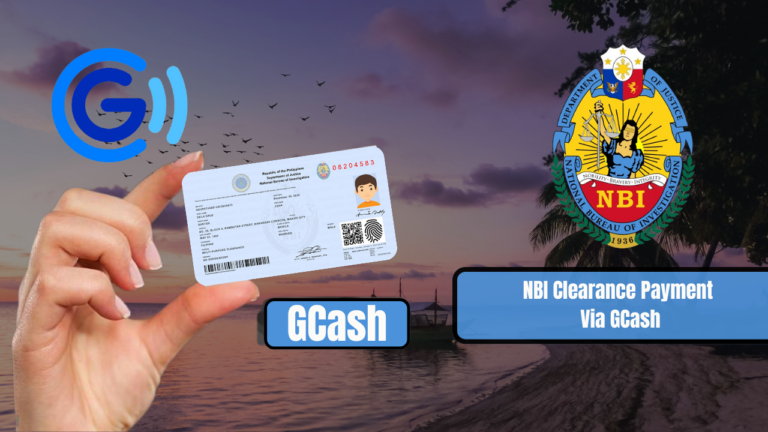Is NBI Clearance a Valid ID?
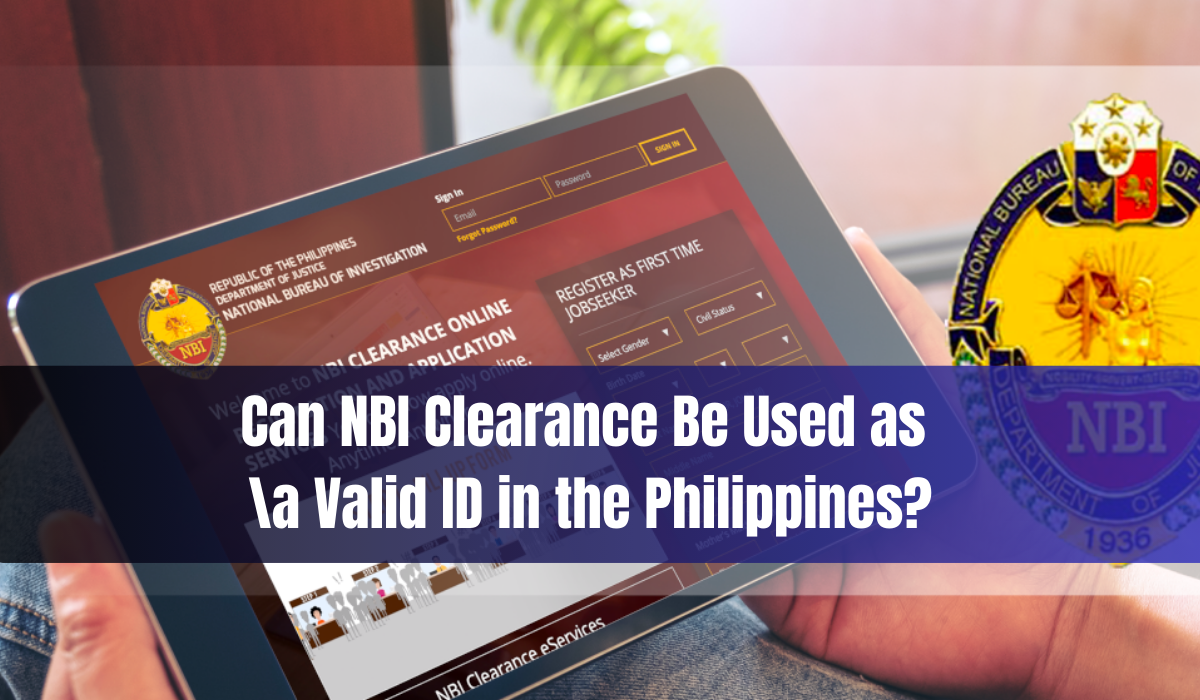
The NBI Clearance (National Bureau of Investigation Clearance) is a versatile document primarily issued to certify that an individual has no criminal record in the Philippines. While its primary purpose revolves around background checks, it also functions as a valid form of identification in various administrative and financial transactions. However, its acceptance as a valid ID depends on the specific requirements and policies of institutions or agencies.
When and Where NBI Clearance is Accepted
- For Passport Applications The Department of Foreign Affairs (DFA) recognizes the NBI Clearance as a secondary form of identification for passport applications. It is usually acceptable when a primary government-issued ID, such as a driver’s license or postal ID, is unavailable. However, applicants are encouraged to verify the DFA’s updated requirements to avoid inconvenience.
- For GCash Verification As one of the most popular mobile payment platforms in the Philippines, GCash requires users to verify their identity. The NBI Clearance is accepted as a valid ID for GCash verification, allowing users to access the platform’s full range of services, including cash transfers and payments.
- For Professional Regulation Commission (PRC) Licensing The Professional Regulation Commission (PRC) accepts the NBI Clearance as part of the documentation for professional licensing. It is used to validate an applicant’s good moral standing and to confirm the absence of a criminal record.
- For Bank Transactions Many banks in the Philippines accept NBI Clearance as a valid form of ID, especially when opening a new account or applying for loans. For example:
- Bank of the Philippine Islands (BPI): NBI Clearance is generally accepted for various transactions, including loan applications.
- Other Banks: While most banks accept it, policies may vary, and some may require additional identification alongside the NBI Clearance.
- As a Supplementary ID NBI Clearance is also recognized for other government-related transactions, job applications, and local administrative processes, but it is often considered supplementary rather than primary.
Limitations of NBI Clearance as an ID
While versatile, NBI Clearance has its limitations.
- Not for International Travel: It is not recognized as a valid ID for international travel. For such purposes, a passport or other internationally recognized travel documents are mandatory.
- Selective Acceptance: Certain institutions or high-security requirements may not accept NBI Clearance, preferring IDs with more robust authentication features, such as a driver’s license or Unified Multi-Purpose ID (UMID).
Alternatives to NBI Clearance
In cases where NBI Clearance is not accepted or unavailable, alternative IDs can be used:
- Primary IDs: These include passports, driver’s licenses, UMID, and Philippine Identification System (PhilSys) cards.
- Other Government IDs: Voter’s ID, postal ID, or senior citizen ID may also suffice, depending on the institution’s requirements.
Future Role of NBI Clearance in Digital ID Systems
With the rise of digital verification systems, the role of NBI Clearance may evolve. Integration with the Philippine Identification System (PhilSys) or other digital ID platforms could increase its utility. It’s essential to stay informed about policy updates to maximize its usability.
Conclusion
The NBI Clearance is a widely accepted document for background verification and as a supplementary ID in the Philippines. While not as universally accepted as a passport or driver’s license, it is a trusted identification tool for various administrative and financial transactions. However, its use depends on the institution’s policies, and for more specific purposes like international travel, alternative IDs will be required. Always verify the requirements of the institution or service beforehand to ensure a smooth process.


